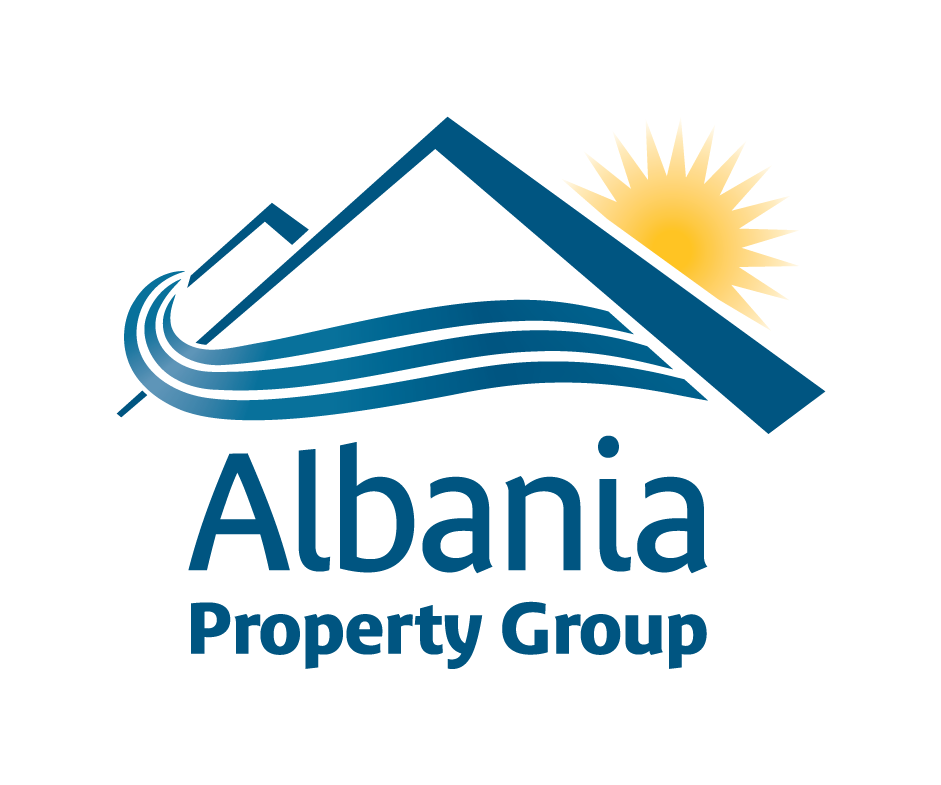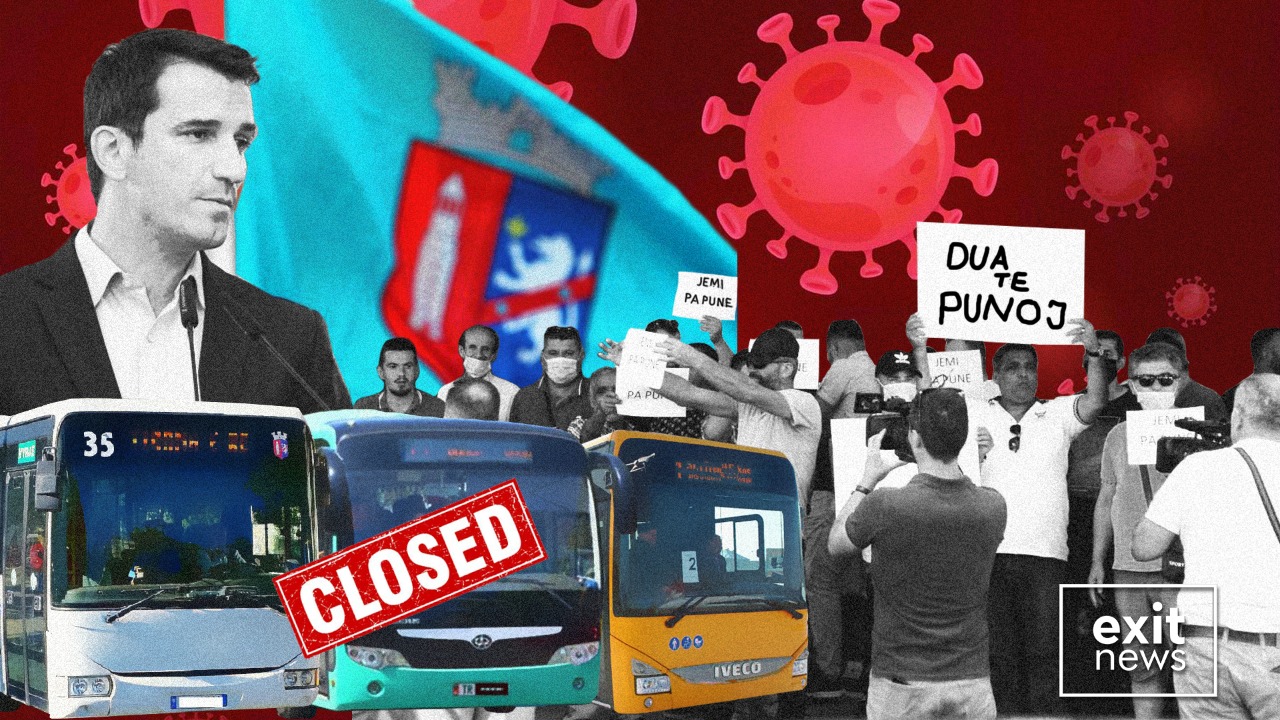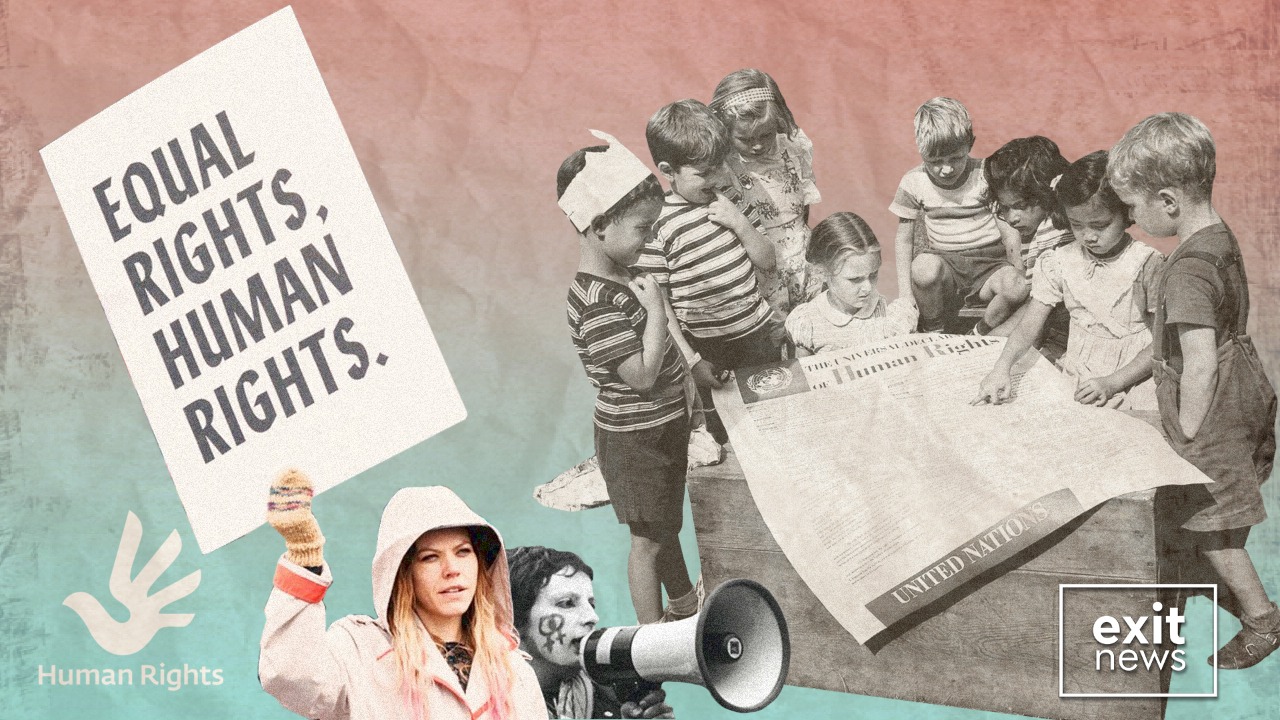

News
World Bank: Western Balkans Economies Could Grow by 4.4% in 2021
The World Bank has predicted that the six countries of the Western Balkans could grow by 4.4% this year following a contraction of 4.8% during 2020.
This projection depends on how vaccines are rolled out in the region, and how each state manages to deal with the ongoing COVID-19 pandemic.
In a macroeconomic report published this week, the WB said that Albania, Bosnia and Herzegovina, Kosovo, North Macedonia, and Serbia show signs of promise in terms of recovering economies. But despite this, the WB noted that the per capita income will remain below pre-pandemic levels.
Just how much economies survive will be defined largely by the way that their respective governments respond.
“The significant role that government plays underscore the importance of the quality of governance in determining productivity and growth and effectively responding to the region’s economic and social challenges.”
Issues such as the aging population, rising inequality, and increasing government expenditures need to be managed and governed effectively, WB said.
Albania will likely continue to grapple with international travel restrictions which is concerning as much of its economy depends on it.
“The pandemic hit Albania’s key sectors of tourism and manufacturing through the recession in the EU, supply chain disruptions, travel limitations and social distancing measures.”
The report said that if the country accelerates structural reforms in preparation for EU membership, various sectors could be boosted.
The WB aid that Albania’s productivity has now stagnated below peer countries and issues including wage pressures could further reduce its competitiveness.
SMEs represent most of the country’s businesses and they rely heavily on unskilled and low-wage labor. Foreign and private investment is rarer due to “limited access to finance, burdensome logistic and poor market investment”. Other issues include scarce public revenues that limit public infrastructure and human capital investment.
The country’s GDP is expected to have declined by 4.7% during 2020 although this is smaller than first projected. This is due to an increase in local and domestic tourism which partially compensated for foreign arrivals.
Some government measures such as reconstruction and those designed to mitigate the pandemic have had:’significant fiscal cost.”
A recently introduced tax incentive has placed further stress on already declining revenues, the report said.
The report also found that the loss of jobs has been relatively small, but that the quality of jobs has likely decreased.
Overall, Albania is forecast to grow 4.4% in 2021 due to rebounds in demand for exports, consumption, and investments. Tourism and construction are likely to be big drivers of this. POverty is predicted to decline by two percentage points.
The main concerns of the WB relate to government spending and the fiscal situation.
“ The fiscal situation could deteriorate in a downside growth scenario and the absence of expanded revenue collection. In this case, the government may need to further reduce capital spending to keep the debt to GDP ratio from rising.”
They estimate that public debt will amount to 79.5% of the GDP in 2021.
https://exit.al/en/2021/04/01/world-bank-western-balkans-economies-could-grow-by-4-4-in-2021/
EU and UNICEF to Support Vulnerable Children in Turkey and Albania
The EU and UNICEF have joined forces on a EUR 5 million project to bring relief to vulnerable children and families living in Albania, who’ve been impacted by the COVID-19 pandemic.
Also running in Turkey, the project aims to support 490,000 children and their parents with better access to public services in the area of education, child development, health, and social protection.
In a press release, the UNICEF Regional Director for Europe and Central Asia Afshan Khan said:
“In the Western Balkans and Turkey, UNICEF’s collaboration with the European Union is intended to safeguard children’s right to education, health, and protection and ensure that national systems delivering these services are more equitable, inclusive, and meet the needs of the most vulnerable children and parents. Looking at the period of recovery from the COVID-19 crisis, this program is intended to contribute to building more resilient systems in these countries.”
The financing will be provided by the EU’s assistance package to the Western Balkans which currently totals more than EU 3.3 billion.
https://exit.al/en/2021/04/01/eu-and-unicef-to-support-vulnerable-children-in-turkey-and-albania/
Albanian Government Didn’t Notify UNESCO Regarding Gjirokaster Bypass Project
UNESCO has sent questions to the Albanian government regarding the ongoing work on the Gjirokaster bypass that is taking place in a UNESCO protected area, but has not yet received a response.
Gjiokaster is a World Heritage Site and as such, any work carried out in the area must be considered and agreed to with UNESCO. Answering questions sent by Exit, they said they received information from “civil society” on the current work, suggesting that the government did not fulfill their obligations as required.
Mechtild Rössler, Director of the UNESCO World Heritage Centre told Exit:
“The World Heritage Centre received third-party information about the project on 9 March 2021. WHC has contacted the State Party of Albania to verify the information received. No response yet.”
In 2020, the Heritage Center noted that “the Gjirokaster Bypass project has been suspended and also requests the State Party to keep the World Heritage Centre informed on such projects.”
The Albanian government replied that they would “keep the World Heritage Centre informed on major project proposals within the World Heritage Site and Buffer Zone.”
The timeline of the project suggests that when they made this statement, they had already announced the work would commence but had failed to inform UNESCO.
UNESCO will meet in July to discuss the matter and could “adopt a decision requesting the State Party to halt the works until a Heritage Impact Assessment is conducted to assess the potential impact”.
They confirmed that both Berat and Gjirokaster are on the agenda. Discussions will include decisions and recommendations to ensure the state of conservation of the World Heritage property.
Work is currently underway behind the castle to construct a road through an area that is protected under Albanian law, and by UNESCO. It includes land that hasn’t been disturbed for centuries and a total of four Ottoman bridges. The project was previously shelved for being “risky” and “unfeasible” and for potential damage it could cause to the integrity of the castle.
Former Minister of Culture and candidate for Girokaster Mirela Kumbaro claimed the project was being financed by the World Bank, something the World Bank has denied. Questions to Kumbaro and the Municipality of Gjirokaster on funding and whether UNESCO were contacted remain unanswered.
https://exit.al/en/2021/04/01/albanian-government-didnt-notify-unesco-regarding-gjirokaster-bypass-project/










